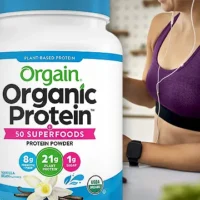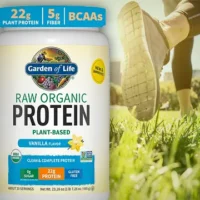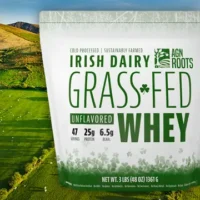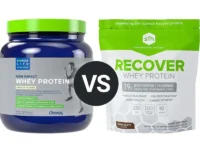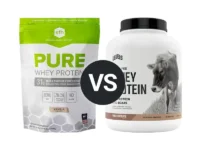Knowledge BaseYou're Questions Answered
Are non-GMO protein powders healthier?
The health implications of consuming non-GMO (non-genetically modified organism) versus GMO protein powders are a topic of ongoing debate. Non-GMO protein powders are often preferred by consumers seeking products that are perceived as more natural or less processed.
Non-GMO means that the ingredients used have not been genetically modified through biotechnology. Some people choose non-GMO products due to concerns about the environmental impacts of GMO crops, including potential pesticide resistance and biodiversity loss. Others are concerned about the long-term health effects, although current scientific evidence does not conclusively prove that GMOs are harmful to human health1. The U.S. Food and Drug Administration (FDA), along with many other international health organizations, has declared that GMO foods are safe and nutritionally equivalent to non-GMO foods2.
From a nutritional standpoint, non-GMO protein powders are not necessarily healthier than their GMO counterparts. The primary factor in determining the healthfulness of a protein powder is its source of protein, the process of its manufacture, and its composition, including the presence of additives, sweeteners, or artificial ingredients, rather than its GMO status. For instance, a non-GMO protein powder that is high in sugar or artificial additives may be less healthy than a GMO protein powder with no added sugars and essential nutrients3.
For consumers who prefer non-GMO products, whether for health, environmental, or ethical reasons, it is essential to look for a certification such as the Non-GMO Project Verified seal, which ensures that a product has been produced according to consensus-based best practices for GMO avoidance4.
- National Academies of Sciences, Engineering, and Medicine. (2016). Genetically Engineered Crops: Experiences and Prospects. Washington, DC: The National Academies Press.
- U.S. Food and Drug Administration. (2020). Consumer Info About Food from Genetically Engineered Plants.
- American Heart Association. (2018). Understanding Food Nutrition Labels.
- Non-GMO Project. (2021). Non-GMO Project Verified.
Related Questions
Related Reviews
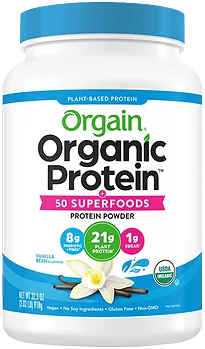
Your Answer
We are a participant in the Amazon Services LLC Associates Program, an affiliate advertising program designed to provide a means for us to earn fees by linking to Amazon.com and affiliated sites.
